An increase in transcriptional noise generally assumed to characterize aged cells and tissues is shown to derive instead from technical and biological issues that underlie single-cell RNA sequencing experiments.



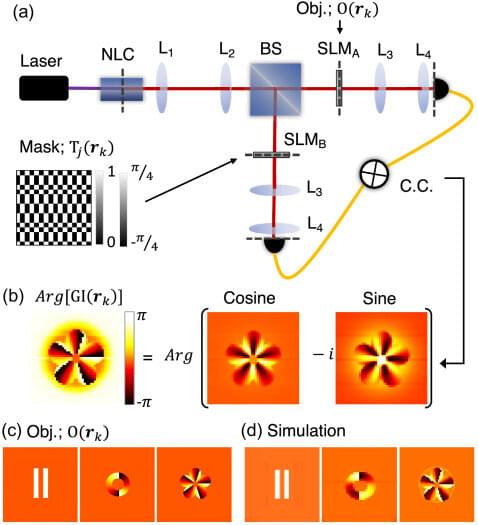
When forming an image of an object, such as a photograph taken by a cell phone, light that has interacted with the object and either passed through or bounced off it is captured by the detector in the phone.
Some 25 years ago, scientists devised another, less direct way to do this. In the conventional form, information gathered from two detectors are instead used, by combining information from one capturing the light that has interacted with the object and one that has not interacted with the object at all. It is the light that has never interacted with the object that is used to obtain the image, though, resulting the technique taking on the name “ghost imaging.”
When entangled light is used, the quantum properties can be exploited to do this at very low light levels which can be a large advantage when looking at light-sensitive samples in biological imaging where too much light can damage or change the sample and thus destroying what one wishes to look at—this being quite a conundrum in the field.

The European mole, equipped with its formidable digging shovels, can effortlessly tunnel through the earth. The same holds true for the Australian marsupial mole. Despite residing in vastly different regions, the two species.
A species is a group of living organisms that share a set of common characteristics and are able to breed and produce fertile offspring. The concept of a species is important in biology as it is used to classify and organize the diversity of life. There are different ways to define a species, but the most widely accepted one is the biological species concept, which defines a species as a group of organisms that can interbreed and produce viable offspring in nature. This definition is widely used in evolutionary biology and ecology to identify and classify living organisms.
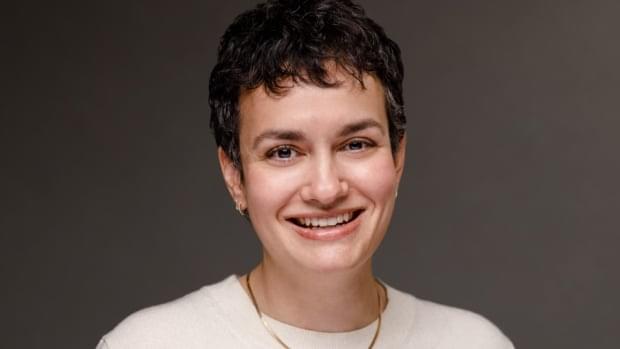
The fungal pathogen that wipes out much of humanity in HBO’s latest series The Last of Us is real, but can the cordyceps fungus actually turn humans into zombies one day?
“It’s highly unlikely because these are organisms that have become really well adapted to infecting ants,” Rebecca Shapiro, assistant professor at University of Guelph’s department of molecular and cellular biology, told Craig Norris, host of CBC Kitchener-Waterloo’s The Morning Edition.
In the television series, the fungus infects the brain of humans and turns them into zombies. In real life, it can only infect ants and other insects in this manner.
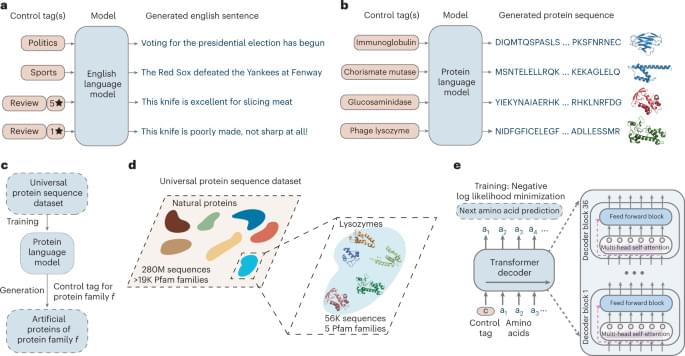
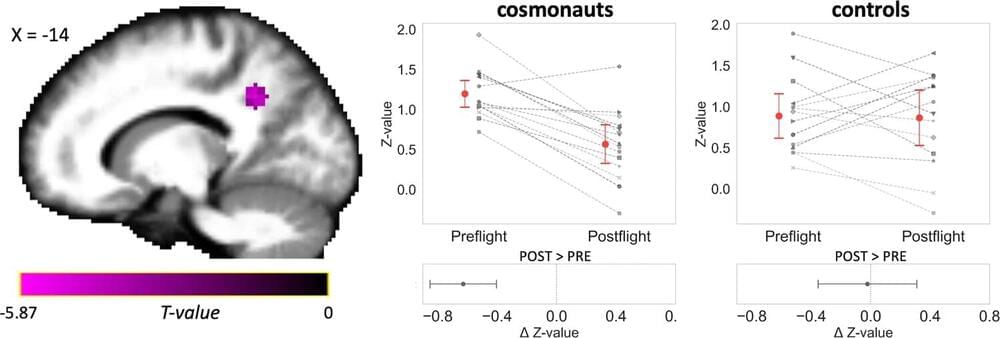
Scientists of the University of Antwerp and University of Liège (Belgium) have found how the human brain changes and adapts to weightlessness after being in space for six months. Some of the changes turned out to be lasting—even after eight months back on Earth. Raphaël Liégeois, soon to be the third Belgian in space, acknowledges the importance of the research “to prepare the new generation of astronauts for longer missions.”
A child who learns not to drop a glass on the floor, or a tennis player predicting the course of an incoming ball to hit it accurately are examples of how the brain incorporates the physical laws of gravity to optimally function on Earth. Astronauts who go to space reside in a weightless environment, where the brain’s rules about gravity are no longer applicable.
A new study on brain function in cosmonauts has revealed how the brain’s organization is changed after a six-month mission to the International Space Station (ISS), demonstrating the adaptation that is required to live in weightlessness. The findings are published in the journal Communications Biology.
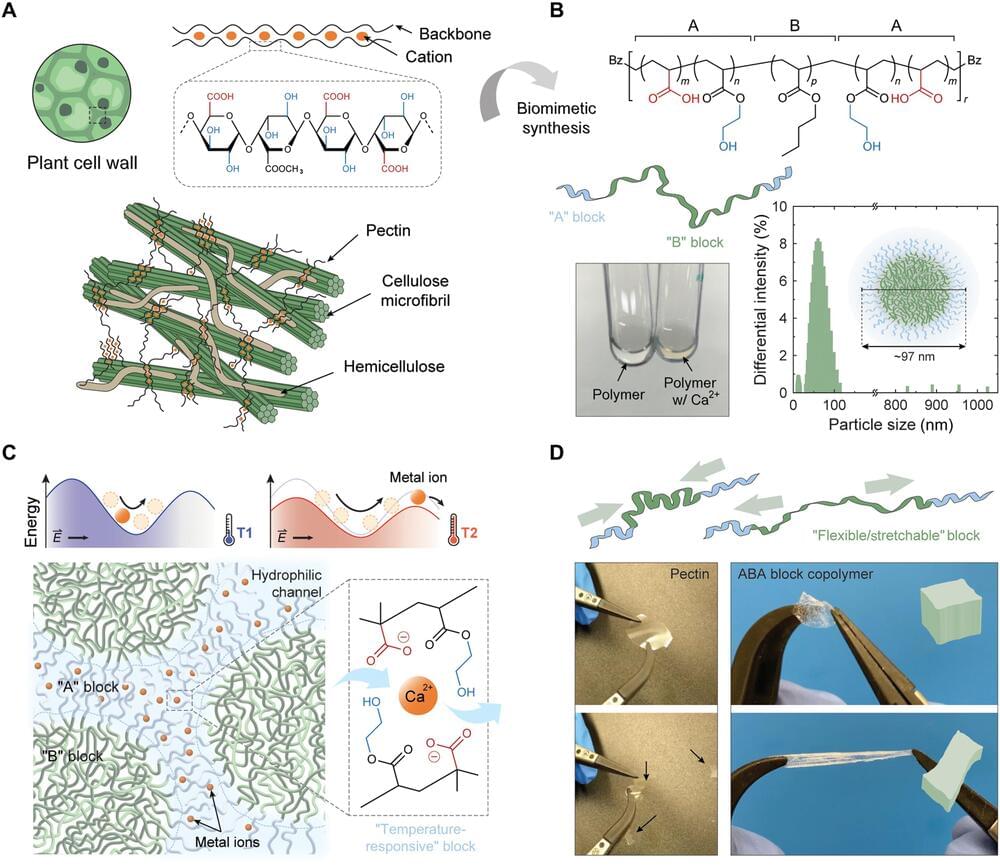
Materials scientists are often inspired by nature and therefore use biological compounds as cues to design advanced materials. It is possible to mimic the molecular structure and functional motifs in artificial materials to offer a blueprint for a variety of functions. In a new report in Science Advances, Tae Hyun Kim and a research team at the California Institute of Technology and the Samsung Advanced Institute of Technology in the U.S. and South Korea, created a flexible biomimetic thermal sensing polymer, abbreviated BTS, which they designed to mimic ion transport dynamics of pectin; a plant cell wall component.
The researchers used a versatile synthetic procedure and engineered the properties of the polymer to be elastic, flexible and stretchable in nature. The flexible polymer outperformed state-of-the-art temperature sensing materials such as vanadium oxide. Despite mechanical deformations, the thermal sensor-integrated material showed high sensitivity and stable functionality between 15° and 55° Celsius. The properties of the flexible BTS polymer made it well suited to map temperature variations across space-time and facilitate broadband infrared photodetection relevant for a variety of applications.
Organic electronic materials are competitive alternatives to conventional silicon-based microelectronics due to their cost-effective, multifunctional nature. Materials scientists seek to tailor the properties of such materials at the molecular level for a range of sensing applications for wearable and implantable devices with specific characteristics such as flexibility and elasticity. At present, there is an increasing demand for all-organic electronic devices to form a range of soft and active materials. For instance, organic thermal sensors are suited for remote health care and robotics, albeit with limitations.
Watch this next video about the Future of Artificial Intelligence (2030 — 10,000 A.D.+): https://youtu.be/cwXnX49Bofk.
► Udacity: Up To 75% Off All Courses (Biggest Discount Ever): https://bit.ly/3j9pIRZ
► Brilliant: Learn Science And Math Interactively (20% Off): https://bit.ly/3HAznLL
► Jasper AI: Write 5x Faster With Artificial Intelligence: https://bit.ly/3MIPSYp.
SOURCES:
• Life 3.0: Being Human in the Age of Artificial Intelligence (Max Tegmark): https://amzn.to/3xrU351
• The Future of Humanity (Michio Kaku): https://amzn.to/3Gz8ffA
• The Singularity Is Near: When Humans Transcend Biology (Ray Kurzweil): https://amzn.to/3ftOhXI
Official Discord Server: https://discord.gg/R8cYEWpCzK
Patreon Page: https://www.patreon.com/futurebusinesstech.
💡 Future Business Tech explores the future of technology and the world.
Examples of topics I cover include:
• Artificial Intelligence & Robotics.
• Virtual and Augmented Reality.
• Brain-Computer Interfaces.
• Transhumanism.
• Genetic Engineering.
SUBSCRIBE: https://bit.ly/3geLDGO
This video covers digital immortality, its required technologies, processes of uploading a mind, its potential impact on society, and more. Watch this next video about the world in 2200: https://bit.ly/3htaWEr.
► Support This Channel: https://www.patreon.com/futurebusinesstech.
► Udacity: Up To 75% Off All Courses (Biggest Discount Ever): https://bit.ly/3j9pIRZ
► Brilliant: Learn Science And Math Interactively (20% Off): https://bit.ly/3HAznLL
► Jasper AI: Write 5x Faster With Artificial Intelligence: https://bit.ly/3MIPSYp.
CHAPTERS
00:00 Required Technologies.
01:42 The Processes of Uploading a Mind.
03:32 Positive Impacts On Society.
05:34 When Will It Become Possible?
05:53 Is Digital Immortality Potentially Dangerous?
SOURCES:
• The Singularity Is Near: When Humans Transcend Biology (Ray Kurzweil): https://amzn.to/3ftOhXI
• The Future of Humanity (Michio Kaku): https://amzn.to/3Gz8ffA
• https://www.scientificamerican.com/article/what-is-the-memory-capacity/
• https://www.anl.gov/article/researchers-image-an-entire-mous…first-time.
• https://interestingengineering.com/cheating-death-and-becomi…-uploading.
Official Discord Server: https://discord.gg/R8cYEWpCzK
💡 On this channel, I explain the following concepts:
• Future and emerging technologies.
• Future and emerging trends related to technology.
• The connection between Science Fiction concepts and reality.
SUBSCRIBE: https://bit.ly/3geLDGO